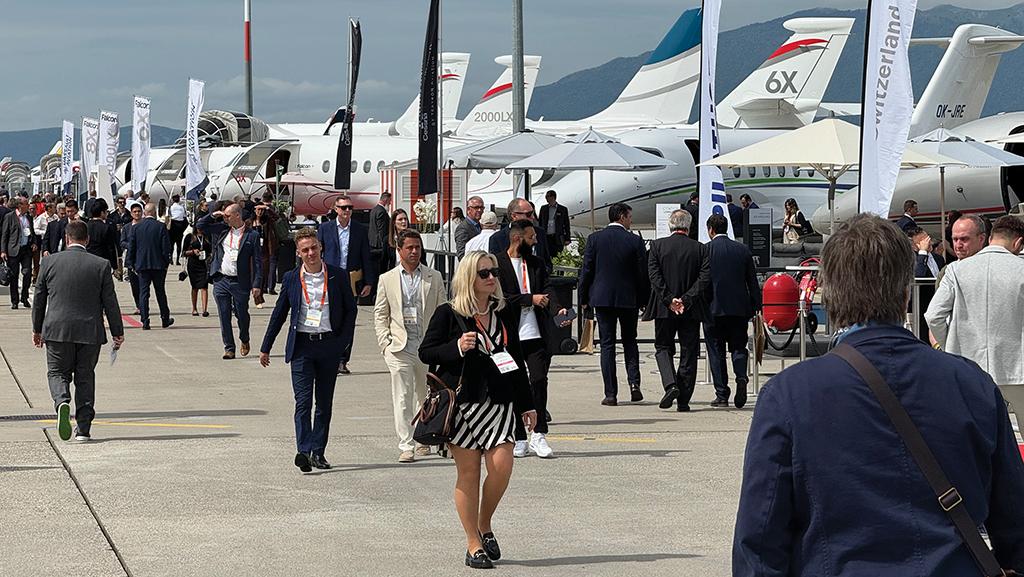EBACE 2024 Focuses On Innovation, Sustainability And Safety

Visitors had to present government-issued IDs in addition to show credentials at EBACE 2024 following protests last year. There were two lines of fencing around aircraft.
Credit: Mark Wagner MRAeS/Aviation-Images.com
Innovation, sustainability and safety were leading themes at the 2024 European Business Aviation Convention & Exhibition held May 28-30 at the Palexpo convention center in Geneva. “Innovation does not come so much from when we have new ideas; innovation comes when we get rid of old beliefs,”...
EBACE 2024 Focuses On Innovation, Sustainability And Safety is part of our Aviation Week & Space Technology - Inside MRO and AWIN subscriptions.
Subscribe now to read this content, plus receive full coverage of what's next in technology from the experts trusted by the commercial aircraft MRO community.
Already a subscriber to AWST or an AWIN customer? Log in with your existing email and password.




